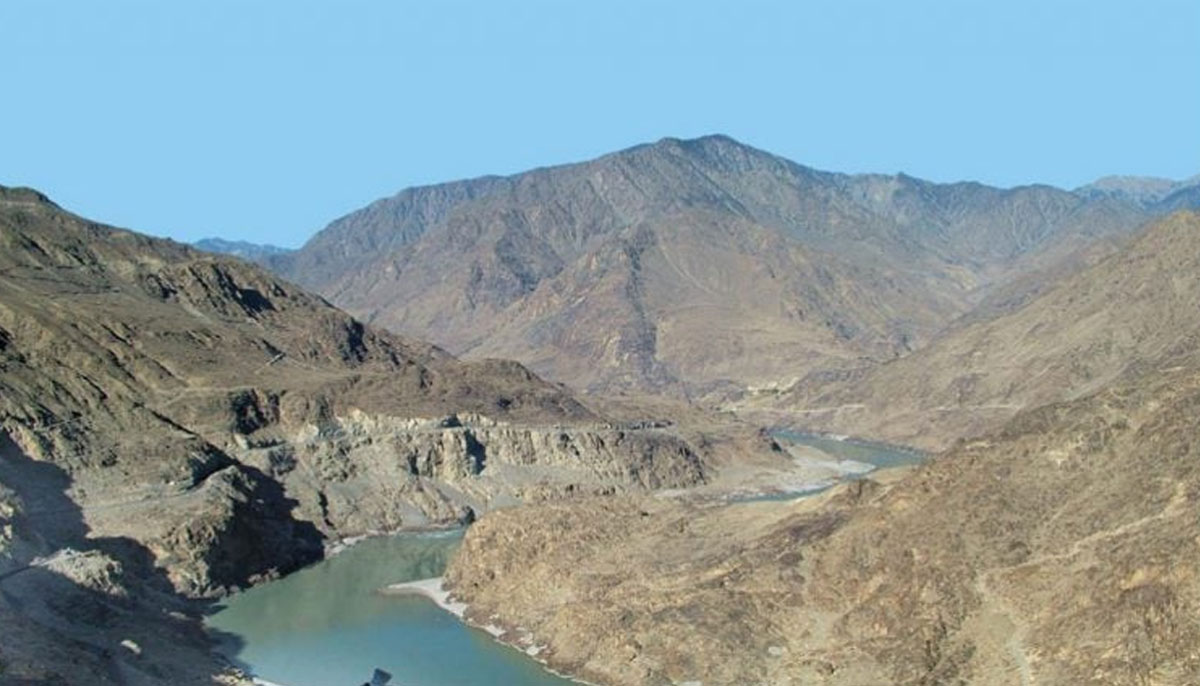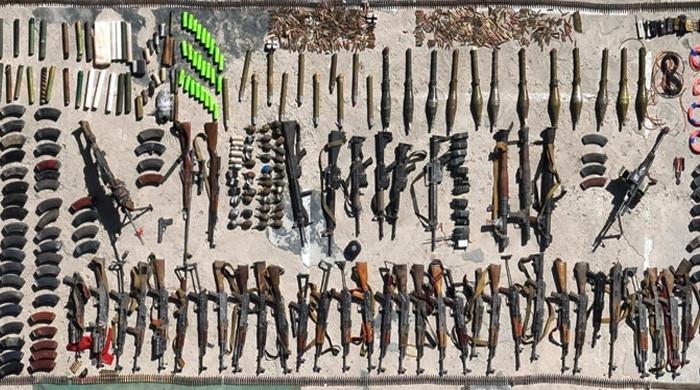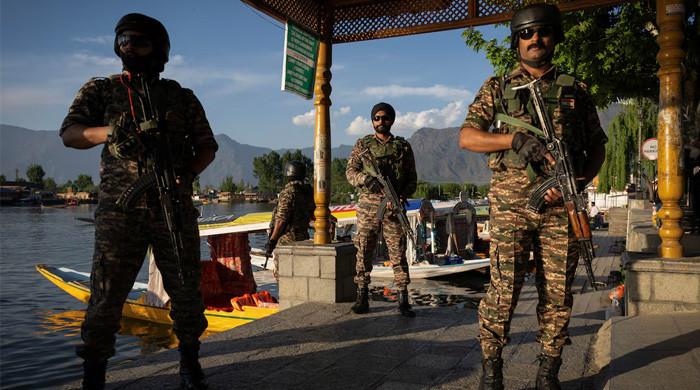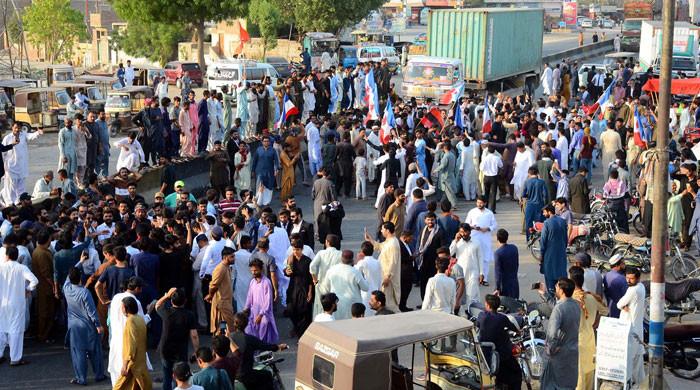President asks PM to review ordinance seeking IRSA's revamp
As per officials, ECP has also halted govt from restructuring IRSA through ordinance
February 07, 2024

- President urges reviewing summary to avoid triggering controversy.
- ECP prevented govt from restructuring FBR and privatising PIA.
- CCI right forum to discuss and decide water-related issues.
ISLAMABAD: President Dr Arif Alvi Alvi has declined to sign Caretaker Prime Minister Anwaar-ul-Haq Kakar's summary seeking the promulgation of an ordinance to restructure the Indus River System Authority (IRSA), The News reported on Wednesday.
In this significant development, the president has urged the premier to review the summary owing to the sensitive nature of the issue which could cause controversy between provinces, a top official said on Tuesday.
“Backed by the Special Initiative Facilitation Council, the federal cabinet had approved the summary of the water and resources ministry, seeking promulgation to restructure the water regulator, allowing the prime minister to send the summary to the president for promulgation of the ordinance,” the official added.
Meanwhile, officials disclosed that the Election Commission of Pakistan (ECP) has also halted the sitting government from restructuring the IRSA through the ordinance. Earlier, the ECP had prevented the government from restructuring the FBR and privatising PIA.
Federal Planning, Development, and Special Initiatives Minister Muhammad Sami Saeed, in the CCLC meeting, had vehemently opposed the summary of the water and resources ministry seeking the restructuring of water regulator. He argued that the ministry had submitted the summary without consulting the provincial governments. The minister also said that this issue should be addressed in the next elected parliament, which is the appropriate forum for discussion and legislative action.
During the meeting, the law division had clarified that IRSA could be restructured by the federal government, although the Common Council of Interests (CCI) is the forum to discuss and decide water-related issues. However, top officials of the ministry had insisted that the ministry would move the same summary to the federal cabinet for a final decision. Subsequently, after approval by the federal cabinet, the prime minister forwarded the summary to the president for approval, but the president returned it to the premier for review.
Currently, IRSA consists of five members, one nominated by each province and one by the federal government. If the IRSA ordinance is approved, the prime minister would have the authority to appoint a serving or retired employee of the federal government in BPS-21 or above as chairman of IRSA, without voting rights. However, the chairman would possess veto powers to review grievances from any provincial government, IRSA member or Wapda against the authority’s decisions before making any reference to the Council of Common Interests (CCI).
The chairman would also have the authority to request federal government assistance through the armed forces or other law enforcement agencies to protect, safeguard, and secure any location or installation deemed of strategic importance under the IRSA Act. This move could increase the federal government’s influence in IRSA on water issues, potentially undermining the body’s independence and national cohesion, relevant officials and water experts warned.
According to the summary, a vice chairman position would be established, held by one of the four provincial members on a rotational basis annually. Additionally, an independent water expert committee would be formed to assist the chairman and the authority on technical matters. IRSA would also be empowered to take action against individuals and entities engaged in water theft, tampering with water data and other illegal or fraudulent activities as per the law.
Independent water experts emphasise that Sindh, as a low-riparian federating unit, is particularly sensitive to water availability issues, as water is essential for both Sindh and Balochistan. During the Musharraf regime, when the country had faced water scarcity due to a prolonged drought, a federal member position was created to resolve disputes between provinces regarding water releases.
Initially appointed from Sindh, the federal member has since been primarily from Punjab. If the chairman is appointed from the bureaucracy by the prime minister, Punjab and the federal government would effectively have greater representation in the authority, potentially exacerbating the sense of deprivation among the smaller provinces in decision-making processes.
Currently, the chairmanship of IRSA rotates among the four provincial members, although the federal government contends that provincial appointees tend to prioritise their provinces’ water interests, leading to conflicts when they assume the chairmanship. However, decisions on water issues in IRSA are made based on majority votes.











